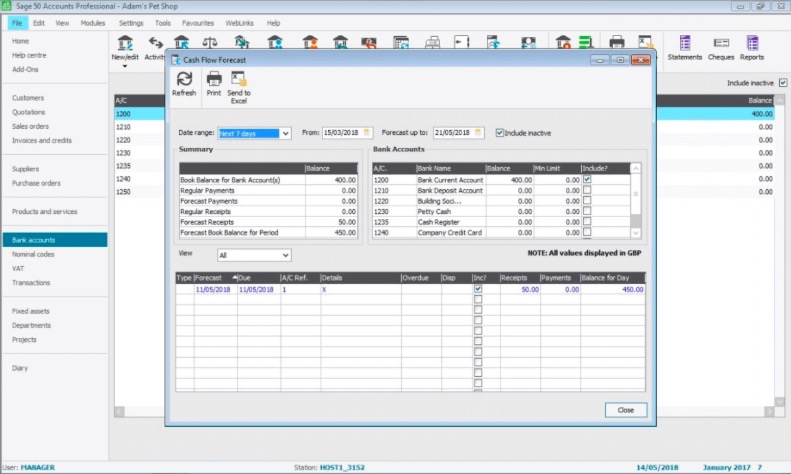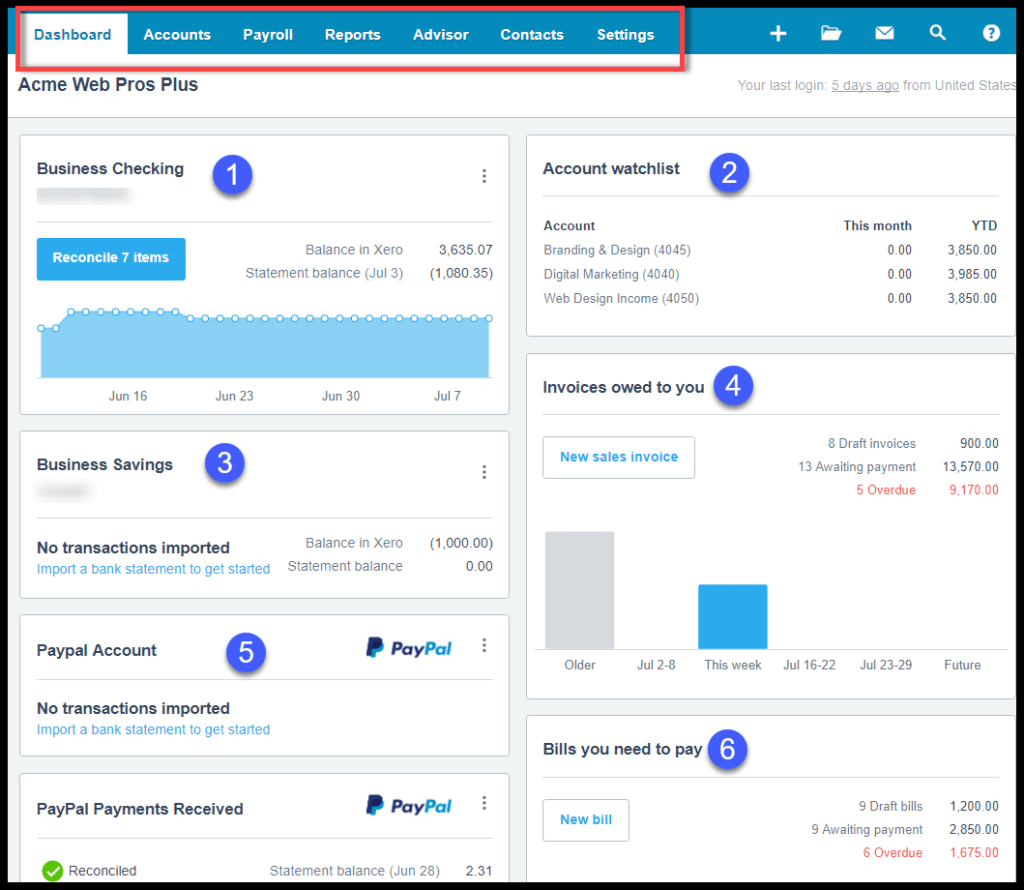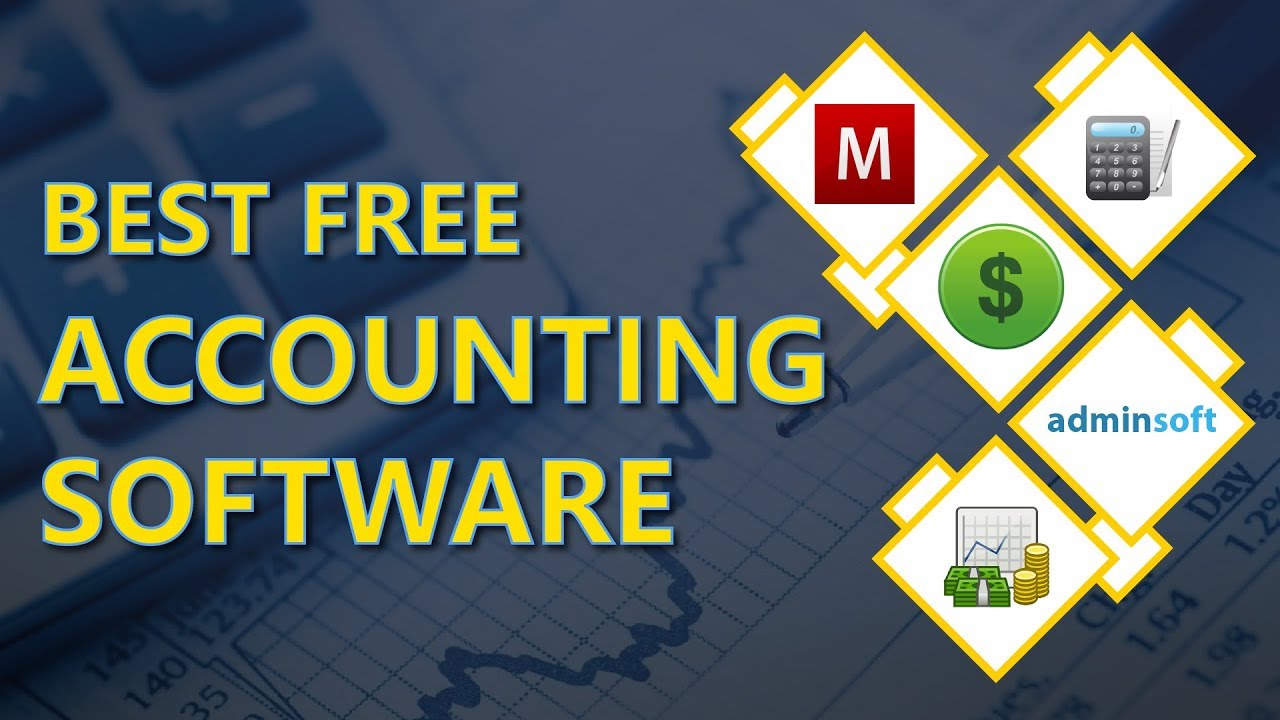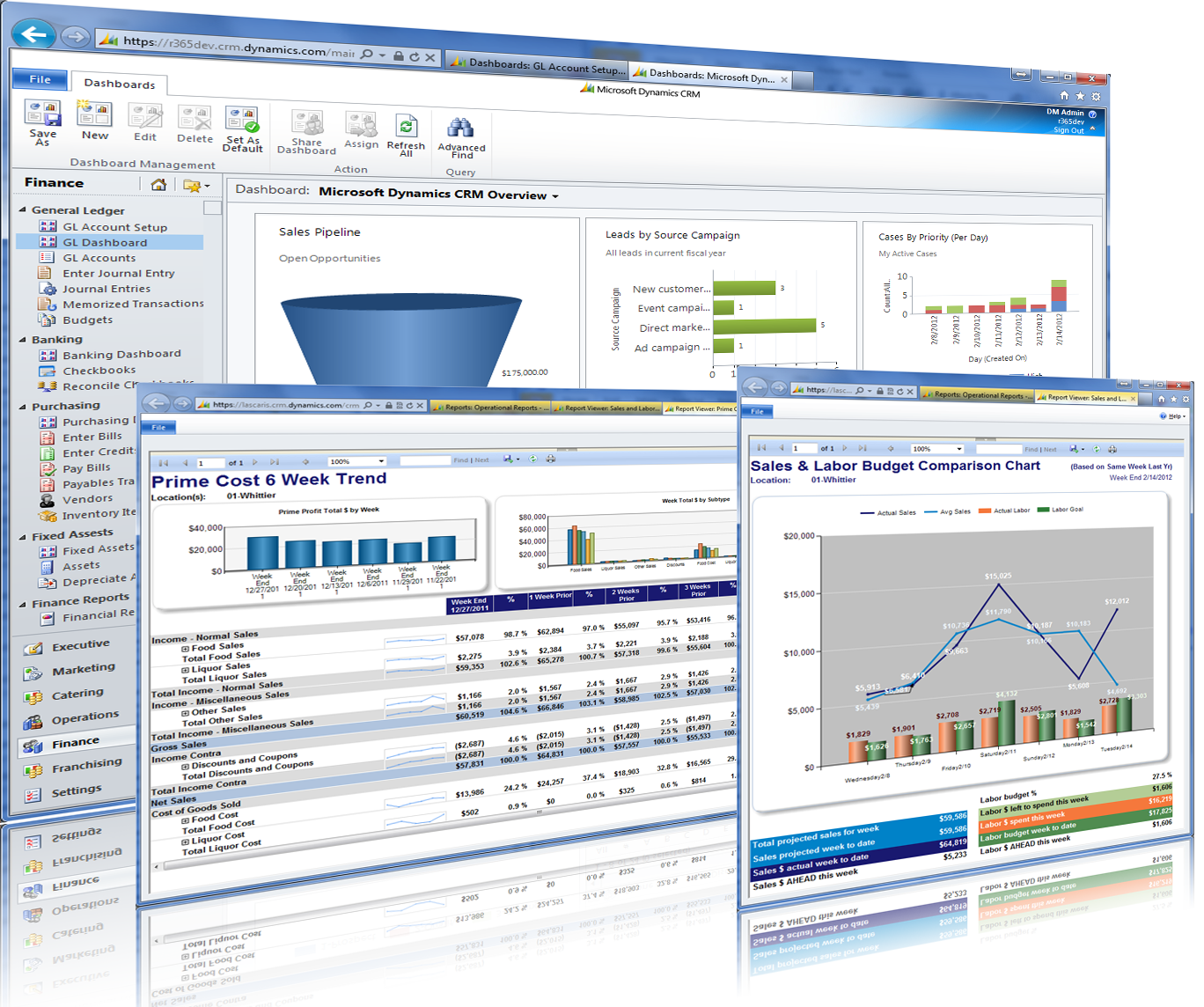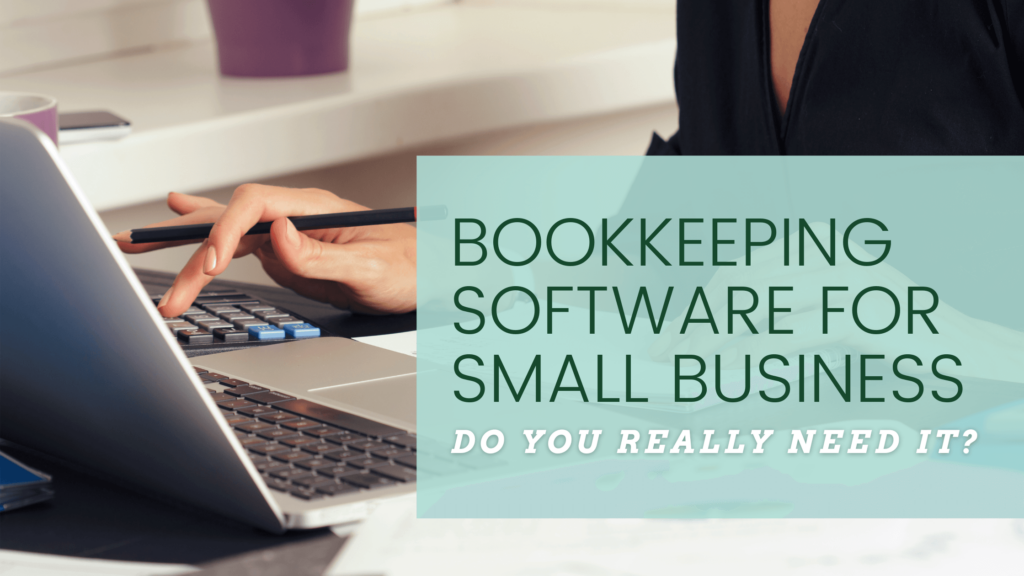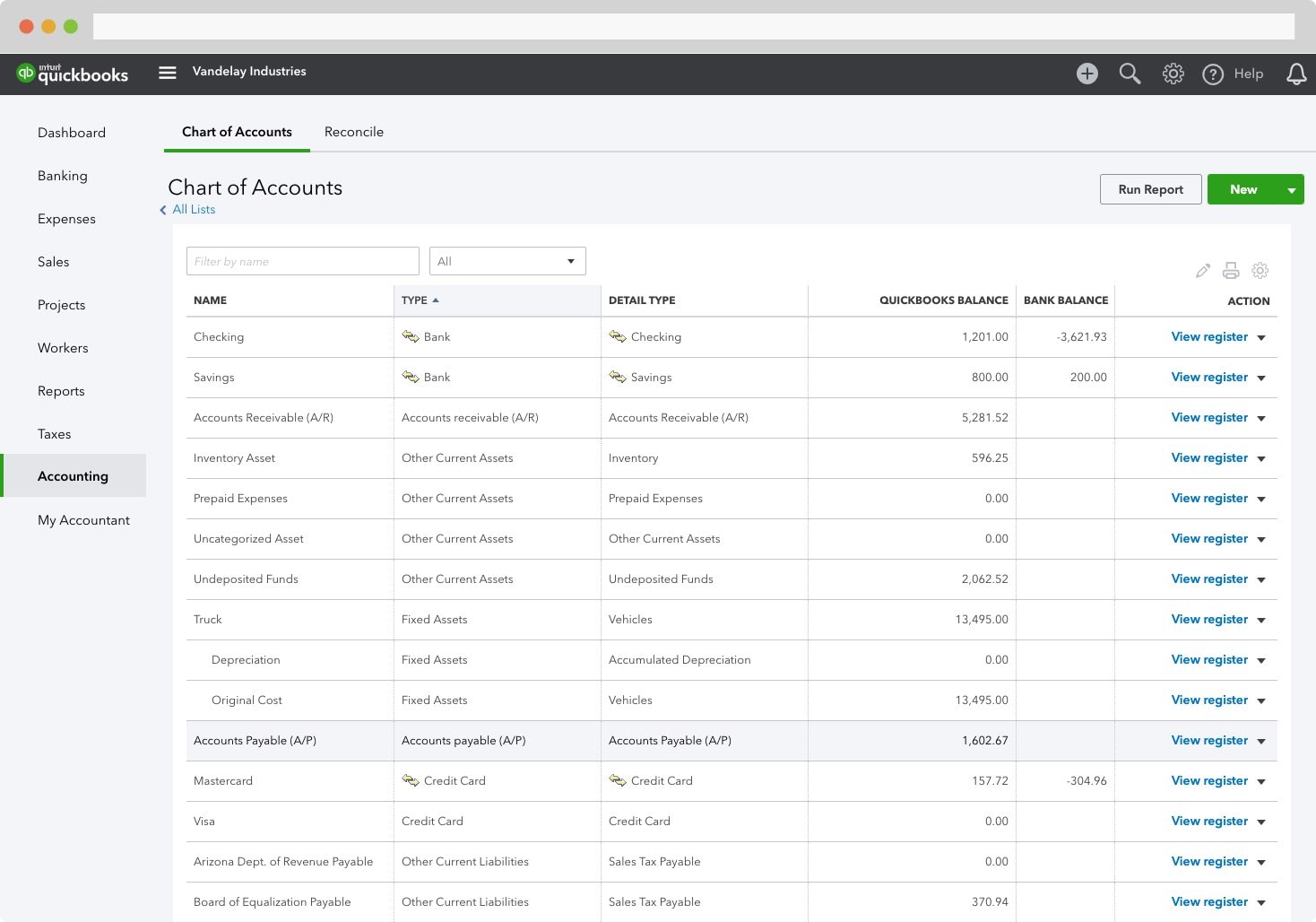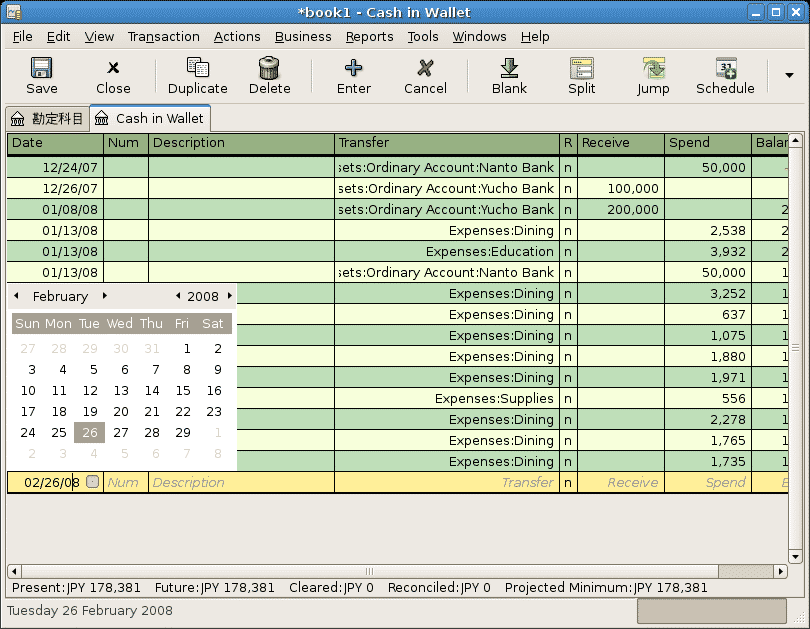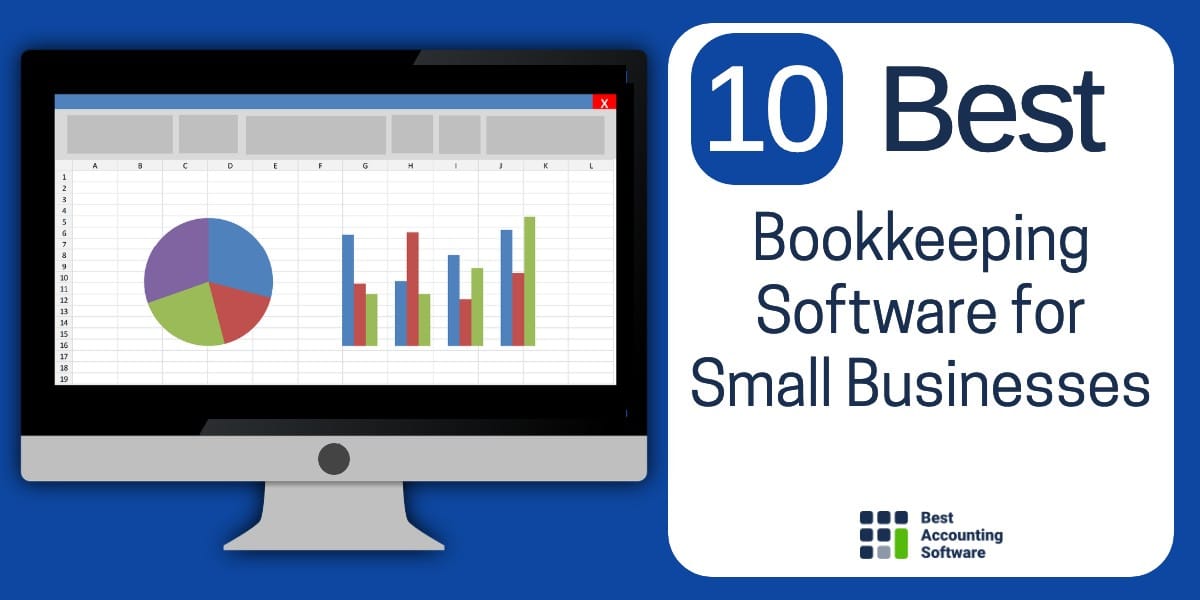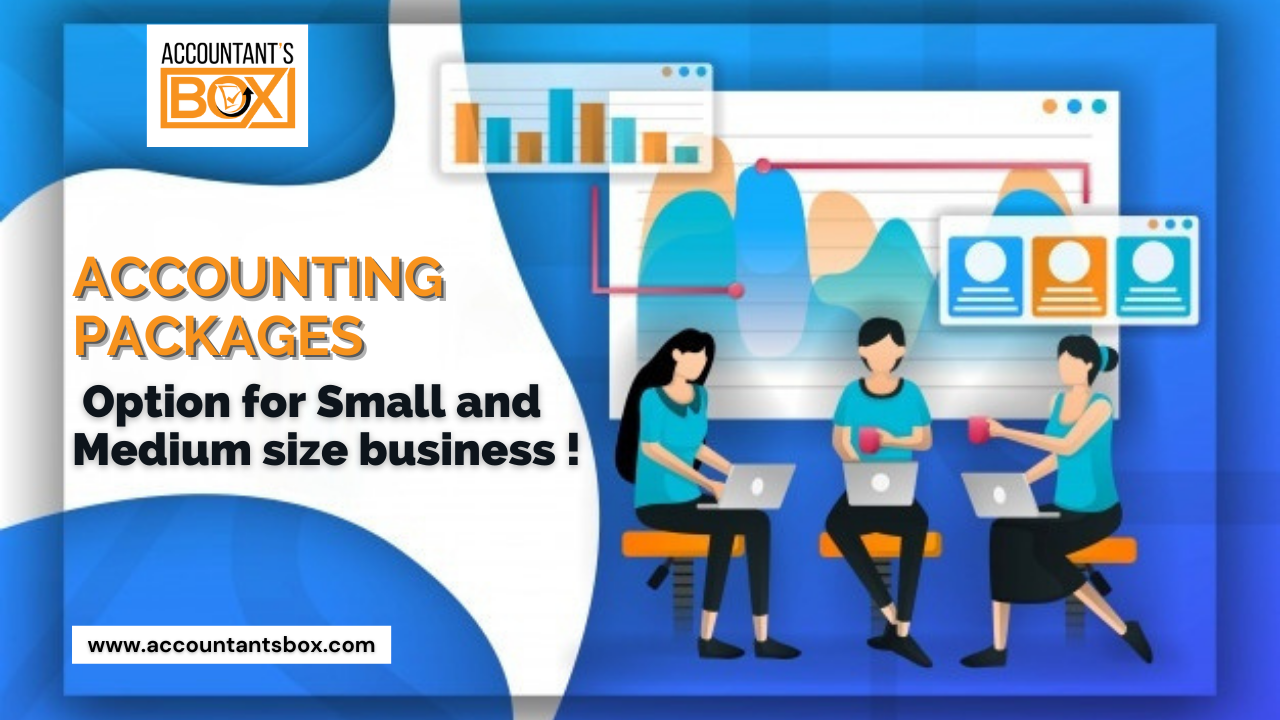Running a small business is challenging enough without wrestling with complex accounting tasks. Choosing the right accounting software can be the difference between spending your nights buried in spreadsheets and enjoying a well-deserved break. This comprehensive guide will navigate you through the essential aspects of selecting the ideal accounting software for your small business, covering everything from understanding your needs to choosing the best features and avoiding common pitfalls. We’ll examine key functionalities, explore the top contenders in the market, and help you make an informed decision that boosts your business efficiency and financial clarity. Read on to unlock the power of streamlined accounting and reclaim your valuable time.
Introduction
The success of any small business hinges on meticulous financial management. Yet, many entrepreneurs find themselves overwhelmed by the complexities of accounting. Luckily, there’s a solution that can simplify this process significantly: robust accounting software. These programs automate tedious tasks, providing real-time insights into your finances and freeing up your time to focus on growth. This guide will equip you with the knowledge to choose the perfect software to meet your specific needs, ultimately contributing to the prosperity and stability of your business. Don’t let accounting become a burden; let it become a powerful tool for success.
Frequently Asked Questions
- Q: What are the key features I should look for in accounting software?
A: Essential features include invoice creation and management, expense tracking, bank reconciliation, financial reporting (profit & loss, balance sheet, cash flow), and ideally, integration with other business tools like payroll and CRM. Consider scalability – will the software grow with your business?
- Q: How much should I expect to pay for small business accounting software?
A: Pricing varies significantly depending on the features, scalability, and support offered. You can find affordable options starting at a few dollars per month, while more comprehensive packages can cost upwards of $100 per month. Evaluate your needs to determine the appropriate price point.
- Q: Can I switch accounting software if I’m not satisfied?
A: Yes, you can switch. However, it’s essential to plan for data migration. Some software offers straightforward import/export features, while others may require professional assistance. Carefully review the software’s data migration policy before committing.
Choosing the Right Software Package
Selecting the right accounting software involves careful consideration of several factors. Don’t rush into a decision; take your time to explore different options and understand their capabilities. The wrong choice can cost you time and money in the long run.
- Ease of Use: The software should be intuitive and easy to navigate, even for users with limited accounting experience. A complicated interface will only frustrate you and hinder efficient workflow. Look for a clean layout, helpful tutorials, and excellent customer support.
- Scalability: Choose software that can adapt to your business growth. Will it handle an increase in transactions, employees, and complexity as your business expands? Consider cloud-based options for greater flexibility.
- Integration Capabilities: Seamless integration with other business tools like payroll, CRM, and e-commerce platforms is crucial for a streamlined workflow. Check for available integrations and their compatibility.
- Reporting and Analytics: Robust reporting capabilities are essential for understanding your financial performance. Look for software that generates various financial reports (profit & loss, balance sheet, cash flow statements), allowing you to track key metrics and make data-driven decisions.
- Security: Protecting your sensitive financial data is paramount. Ensure the software provider employs robust security measures, including data encryption and regular security updates. Investigate their security protocols and compliance certifications.
- Customer Support: Reliable customer support is essential for troubleshooting issues and answering questions. Look for software that offers multiple support channels (phone, email, live chat) and responsive support teams.
Understanding Your Business Needs
Before diving into software comparisons, thoroughly assess your business’s specific requirements. This will help you narrow down your choices and avoid unnecessary features or limitations.
- Business Size and Complexity: A sole proprietorship will have different accounting needs than a rapidly growing LLC. Consider your current transaction volume, number of employees, and complexity of financial operations.
- Industry-Specific Requirements: Certain industries have unique accounting needs. For example, contractors might require time tracking features, while retailers may need inventory management capabilities.
- Budget Constraints: Determine your budget for accounting software. Pricing models vary, so research available options within your price range.
- Future Growth Projections: Choose software that can scale with your business. Consider the potential for expansion and select a platform that can accommodate your future needs.
- Technological Proficiency: Be realistic about your team’s technical skills. Choose software that aligns with their comfort level and avoids unnecessary complexity.
Essential Accounting Features
Understanding core accounting functions is crucial for selecting the appropriate software. Don’t settle for less; ensure the software you choose offers the functionalities needed to manage your finances efficiently.
- Invoicing and Billing: Automated invoicing saves time and improves cash flow. Choose software with customizable invoices, automated payment reminders, and online payment processing.
- Expense Tracking: Effective expense tracking is critical for accurate financial reporting. The software should allow for easy expense categorization, receipt scanning, and expense report generation.
- Bank Reconciliation: Reconciling bank statements with your accounting records helps catch errors and maintain accurate financial data. Automated bank feeds simplify this process.
- Financial Reporting: Access to comprehensive financial reports (profit & loss, balance sheet, cash flow statement) is crucial for making informed business decisions. The software should provide customizable reports and data visualization tools.
- Inventory Management (if applicable): For businesses that handle inventory, the software should offer features for tracking stock levels, managing orders, and generating inventory reports.
- Payroll (if applicable): If you manage employee payroll, the software should integrate payroll processing, tax calculations, and direct deposit capabilities.
Choosing the Right Cloud vs. On-Premise Solution
The decision between cloud-based and on-premise accounting software significantly impacts your operational efficiency and security. Consider the pros and cons carefully before making your choice.
- Cloud-Based Software: Offers accessibility from anywhere with an internet connection, automatic updates, and usually requires minimal IT infrastructure. However, reliance on internet connectivity is a potential drawback. Data security and provider reliability are paramount considerations.
- On-Premise Software: Requires dedicated hardware and IT support, giving you greater control over your data and security. It is not as easily accessible and requires manual updates.
Conclusion
Selecting the optimal accounting software for your small business is a critical step towards financial success. By carefully considering your business needs, evaluating essential features, and understanding the different software options available, you can make an informed decision that significantly enhances your operational efficiency and financial clarity. Don’t let accounting become a burden; embrace technology to streamline your processes and unlock valuable time and resources to focus on what truly matters: growing your business. Remember to prioritize ease of use, scalability, integration capabilities, and robust security features. Investing in the right accounting software is an investment in your business’s future.
